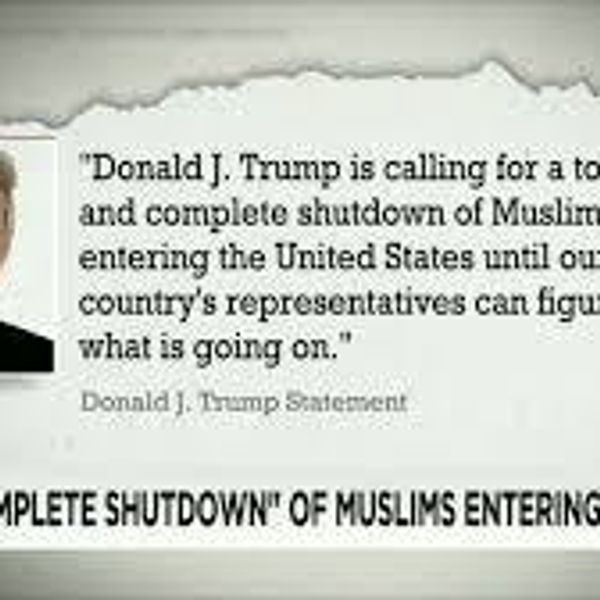After the momentous, historic, and disastrous results of the June 23 referendum that determined the United Kingdom will be the first country to leave the European Union and its predecessors (aside from Greenland, a part of Denmark, which remained part of the bloc), the future of the now-sovereign state is dangerously hazy.
Brits woke up to a strange new political and social reality that had not been anticipated nor planned for. Before the polls had even closed, the value of the pound had dropped to a 30-year low; just a few hours after the votes were tallied, Prime Minister David Cameron announced his imminent resignation, despite the fact that he had in fact called for the referendum to appease anti-European sentiments within his party.
Over the next two years, Britain will have to undo years of legislation, treaties, and deals to withdraw from the largest market it the world. The exodus will be a tedious task, and the results will wreak havoc on the nation’s economy and the global market. 45 percent of British trade is with EU member states, and to downplay this crushing blow, the Leave campaign argued that a deal would be struck with the EU that would give the U.K. special access to the common market - an unlikely possibility, considering that their leaving will no longer require them to maintain the market.
So you might be asking yourself, why would 17,410,742 people choose to effectively doom their economy, while potentially dissolving their nation in the process (Scotland and Northern Ireland, which both voted to remain, will likely hold referendums to leave the U.K. and rejoin the EU)? The answer to this question is the same answer for those who are still perplexed by Donald Trump’s distressing success as a presidential contender: racism and xenophobia.
Many (almost exclusively old white people) will argue that even the suggestion of racial discrimination or nationalist sentiments is, in itself, an attempt to initiate a race war. The success of the Brexit campaign hinged on this fact, and its ability to use dog whistle politics to warn Brits that if their borders stayed open to other countries within the EU, their schools, cinemas, and even homes would be overwhelmed by terrorist violence.
Sound familiar? Trump’s campaign is doing essentially the exact same thing, just without any illusions of a political correctness filter. The former reality show star has suggested that Muslims be banned entry to the U.S. and to add fuel that already gargantuan fire, he proposed a halt on any travel between the U.S. and any countries linked to terrorism.
These propositions from the Leave and Trump campaigns are not cleverly masquerading as effective anti-terrorists plans, there are plainly and unabashedly a means to a nationalistic end: keep brown Muslims out of predominantly white Christian countries. The readiness of elected officials to refer to large-scale violence as “radical Islamic” terror isn’t naming the problem in order to solve it; rather, it’s an attempt to create a “Muslim problem” in the minds of majority communities (e.g., Trump’s “silent majority”).
As a staunch Stein and Sanders supporter, I am firmly in the camp that rejects the lesser-evil, 2-party voting system in the U.S. But after Brits proved that political dystopias are inevitable realities in a world that can no longer hide behind the façade of a post-racial society, I’m wondering if now is the time? Hillary Clinton may be a war-mongering, pandering and bleak option, but compared to Trump, she may be the only lifesaver we’re thrown to keep ourselves from a Brexit-esque political disaster.





















